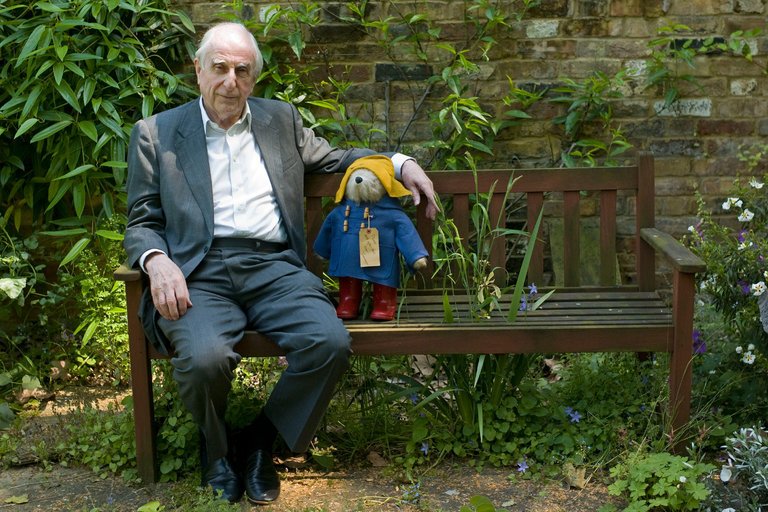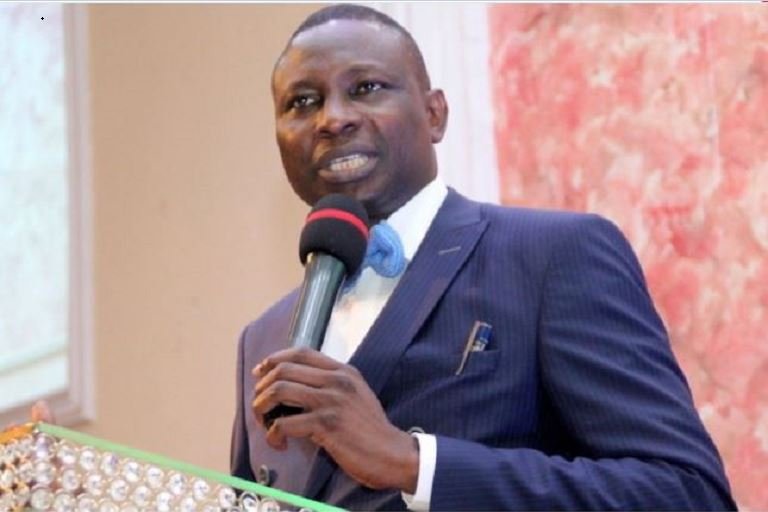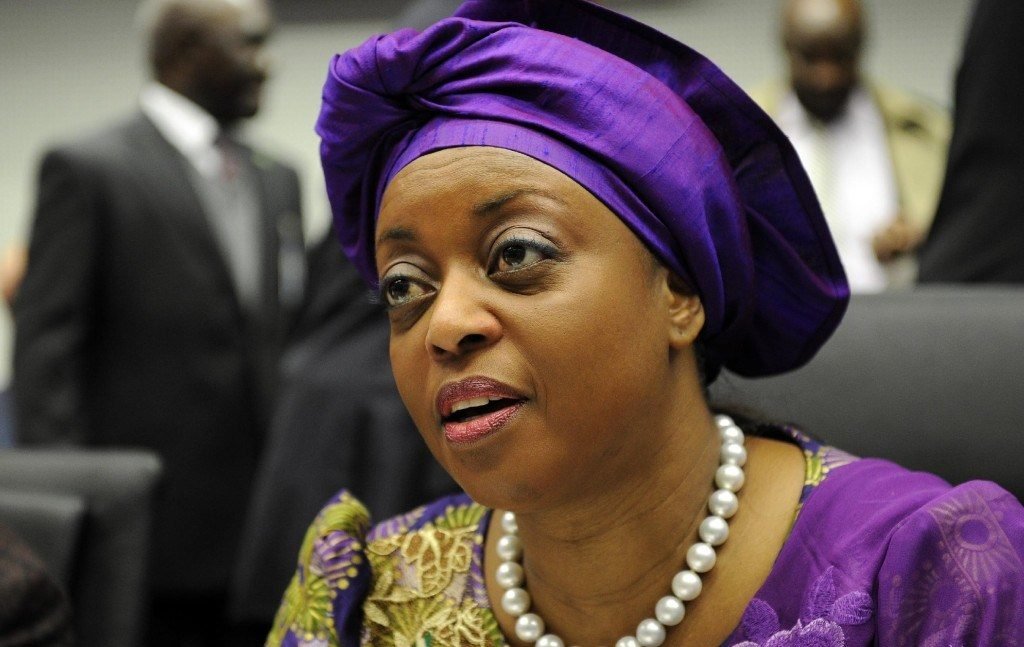
Michael Bond, the creator of beloved children’s character Paddington Bear, has died at the age of 91.
He died at his home on Tuesday following a short illness, a statement from his publisher Harper Collins said.
Bond published his first book, A Bear Called Paddington, in 1958.
The character, a marmalade-loving bear from “deepest, darkest Peru” who comes to live in London, went on to inspire a series of books, an animated TV series and a successful 2014 film.
As well as Paddington, he also created characters including Olga da Polga, A Mouse Called Thursday and a French detective named Monsieur Pamplemousse.
A sequel to the Paddington film will be released later this year.
“So sorry to hear that Michael Bond has departed,” Stephen Fry wrote on Twitter. “He was as kindly, dignified, charming and lovable as the immortal Paddington Bear he gave us.”
Comedian and author David Walliams also paid tribute, remembering the author as “a dazzling wit and perfect gentleman”.
Sarah Palin sues New York Times for defamation
Hugh Bonneville, who will be seen in Paddington 2 reprising his role as Mr Brown, said it was “particularly poignant” to learn of Bond’s death on the last day of shooting the sequel.
“In Paddington, Michael created a character whose enthusiasm and optimism has given pleasure to millions across the generations,” he said.
“Michael will be greatly missed by his legions of fans and especially by his wife Sue, his family and of course by his beloved guinea pigs.”
StudioCanal, producer of the Paddington Films, said it was “deeply saddened” by his passing.
Born in Newbury in 1926, Bond began his career at the BBC and later worked on Blue Peter as a cameraman.
He served with the RAF and the army during World War II and began writing in 1945 while stationed in Cairo.
More than 35 million Paddington books have been sold worldwide. The most recent, Paddington’s Finest Hour, was published in April.
Charlie Redmayne, chief executive officer of Harper Collins, said he was “one of the great children’s writers” who had left “one of the great literary legacies of our time”.
Read more on BBC News











